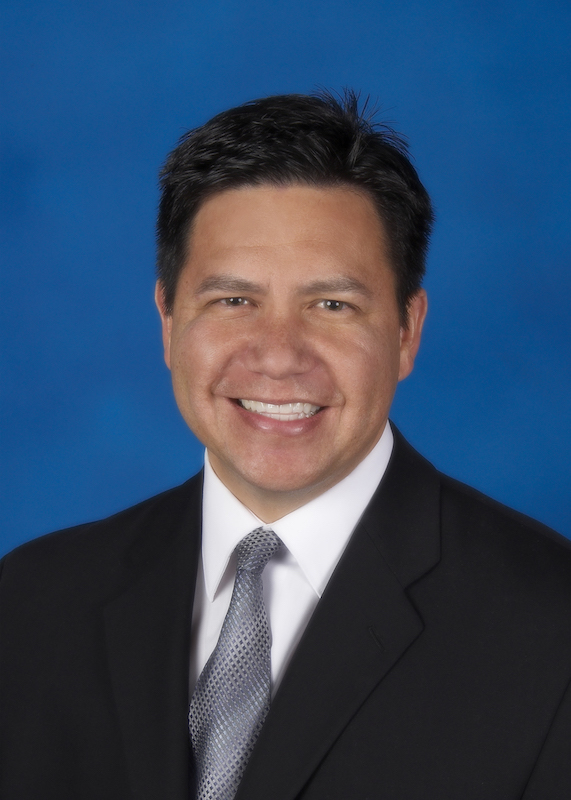At the end of June, Canada lifted the prohibition on single event sports betting – giving the country its very own PASPA moment. The amendment of the criminal code means Canada’s provinces are now free to create their own sports betting and igaming markets.
Whilst the model is likely to be different in each, just like the state-by-state one in the US, interested parties will not need to partner with a local casino or lottery, as is the case across the border. With the grey market currently estimated to be worth $1bn already, it is an intriguing prospect for operators and suppliers alike.
With this in mind, CasinoBeats has been speaking to Jeff Millar, Evolution’s commercial director of North America, and Peter Causley, founder and CEO of Lightning Box, to get the lowdown on what opportunities this presents.
CasinoBeats: What are the similarities and differences between Canada and the US when it comes to the establishment of igaming? Will the fact that the grey market is so well-established make online adoption much quicker?

Jeff Millar: There are many similarities but there are quite a few differences too. One key difference is in the area of government oversight. The national law in Canada (the Criminal Code) very clearly states that only the provinces may manage and conduct gambling activities.
This has meant that the provincial lotteries and their respective regulators oversee all gaming, be that land-based or online. Even with the new developments in Ontario, each licensed operator must execute a commercial agreement with the province.
The US is different in that the operators are not contracted by the government, but rather operate as private entities that must abide by the laws and regulations of each state.
Ontario is in the process of issuing private, commercial licenses to igaming operators and hopes to open the market to these licensed companies by the end of this year. The intent of the government is to give the public a regulated option to the grey market. Until recently, the Ontario Lottery was the only regulated option in Ontario for igaming.
The availability of single event sports betting for licensed operators will make it that much easier for players to switch from the grey to the regulated market. As for elsewhere in the country, each province must make their own decision as to whether they want to follow the model that will soon be launched in Ontario.

Peter Causley: Obviously, both Canada and the US have well established land-based markets, meaning that players there are already familiar with many slot titles. That ensures that it’s just a small jump to get them to play via a different delivery platform, which is most likely to be their phone.
The key difference with igaming in Canada, is that it is largely state-run, whereas it is the commercial casinos who run the show south of the border. The most likely result, and the slight concern, of that is that more games will be made available and quicker in the US.
The good news is igaming has already been widely adopted in Canada. Players are well-versed in it via the grey market and sign-up procedures are all in place. The question on everyone’s lips is how many will leave that grey market to give the state-run operators a go?
Personally, I’d like to think it will be plain-sailing. If the state-run sites quickly onboard the games that are most popular with existing players and they’re then able to add new players, who have the confidence to try a state-run site rather than a grey market one, I think it will take off.
CB: Will the lack of requirement to partner with a local operator change things, or will companies prefer to join forces with brands on the ground with established audiences like the lotteries and land-based casinos?
JM: For Ontario, some private operators will already have an audience when the market opens. Operators who have built up an audience through fantasy sports, for example, will have a big advantage and will not necessarily need to partner with a local brand.
Other operators who are less recognised in the region may decide to find a partner. Each operator will take a different approach depending upon their overall marketing strategy, so I don’t think we will see a single approach taken.
PC: In theory the gloves are off. And yet the early success stories of igaming across the border have involved collaboration. In the majority that involves big European companies with extensive online experience and American brands with a similar understanding of and history in their domestic land-based one.
There may be the odd exception, but I see no reason why that won’t be the model in Canada too. It would seem to be the most sensible one.
CB: With North America’s fifth most populous area, bigger even than Pennsylvania and New Jersey, Ontario looks particularly interesting. But which other provinces are likely to prove most attractive and why?
JM: We are very excited about the opening of the Ontario market to commercial operators. Evolution already has a commercial relationship in the other provinces through the following lotteries: the British Columbia Lottery Corporation and Loto Quebec.
We also provide our services to the Alberta Lottery. These lottery partnerships have been tremendously successful for Evolution. Ultimately, it will be for each province to decide for themselves if they want to follow in the footsteps of Ontario.
PC: Everyone is talking about Ontario and it’s not hard to see why. But if it is to be the great ‘open’ market in the country in theory, the reality of the large influx of operators and suppliers is less certain at the moment. It may take some time to all shake down.
British Columbia, Quebec and the Atlantic Provinces (New Brunswick, Nova Scotia, Prince Edward Island and New Foundland and Labrador) are all well-established state-run casinos with existing player bases. Given its sheer size and established igaming community BCLC in particular is proving to be very attractive for content suppliers like Lightning Box.
CB: How will the predicted tax rate of 15-20 per cent for online gaming affect operators and suppliers?
PC: For operators this will be the norm, with most reasonably regulated ‘open’ market tax rates in that range. For game suppliers, this is obviously a step up from they are used to seeing in the other Canadian provinces, but we will take it in our stride. The pluses outweigh the negatives – and that makes it viable.











